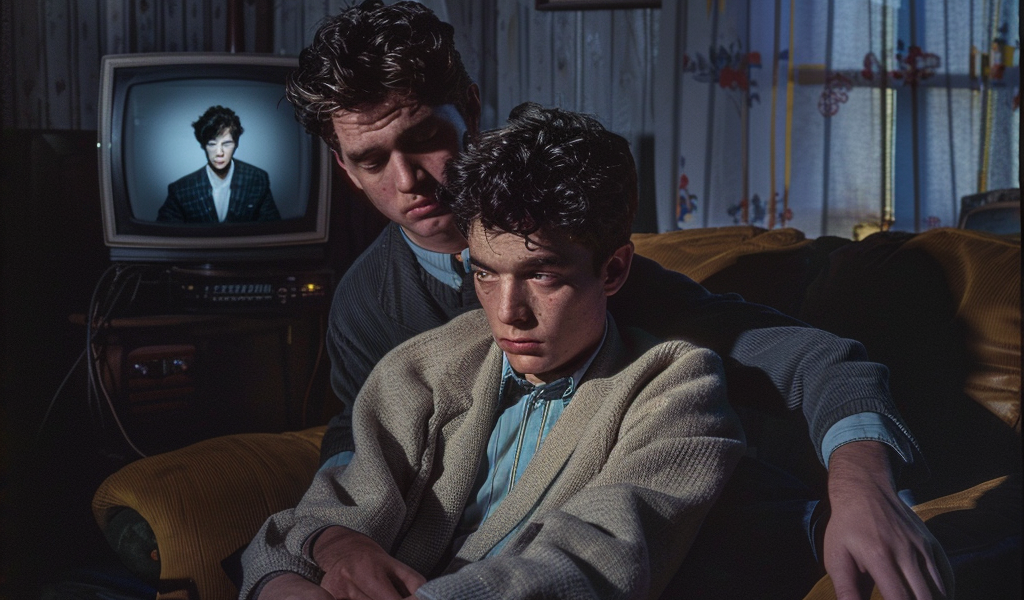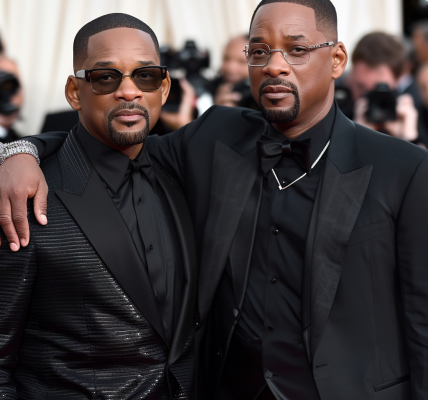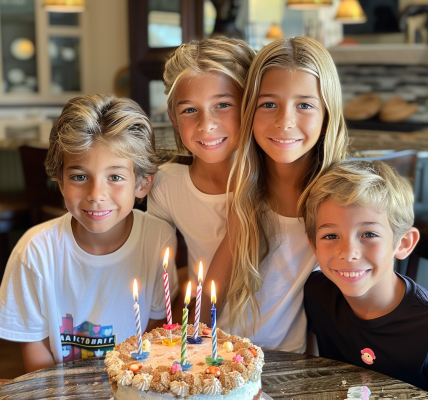Netflix’s ‘Monsters: The Lyle and Erik Menendez Story’ Sparks Controversy Over Sensationalism and Representation
Netflix’s latest series, “Monsters: The Lyle and Erik Menendez Story,” created by Ryan Murphy and Ian Brennan, has stirred significant controversy since its release. The show, which delves into the infamous 1989 murders of José and Kitty Menendez by their sons, Lyle and Erik, has sparked intense debate among viewers and critics alike. The series paints a complex picture of the brothers’ relationship, leading to accusations of sensationalism and misrepresentation.
The series serves as a follow-up to Murphy’s Emmy-winning show about Jeffrey Dahmer, titled “Monster.” Following the release of all nine episodes, audiences have expressed mixed reactions, particularly on social media platforms, where certain scenes have drawn sharp criticism. Some viewers have taken issue with scenes that suggest an incestuous relationship between the brothers, despite the lack of substantial evidence supporting this claim in real life.
In a particularly controversial moment from the second episode, the brothers share a kiss while discussing their future, followed by a scene where they dance closely at a party, leading to confused and disapproving reactions from other attendees. The portrayal of their interactions has raised eyebrows, especially considering that during their 1995 retrial, Lyle testified about having molested Erik as children. However, the series depicts these moments as consensual actions between adults, which has further fueled the debate.
Adding to the controversy, journalist Dominick Dunne, portrayed in the series, suggests that the brothers murdered their parents to conceal their romantic relationship. However, this theory was never part of Dunne’s actual reporting during the trial, raising questions about the show’s fidelity to real events and its potential impact on public perception.
On social media, the backlash has been significant. One post on X (formerly known as Twitter) criticizing the series for presenting the brothers as part of an “incestuous fantasy” received over 100,000 likes, while another post labeled the depiction as “INSANE,” garnering more than 80,000 likes. These reactions reflect a broader concern about the ethical implications of dramatizing real-life tragedies.
Critics have also weighed in on the series, with many highlighting its inconsistent tone. Some reviews describe it as oscillating between campy humor and the gravity of a real-life murder case. Variety’s review labeled the tone as “unwieldy,” criticizing the series for its blend of ominous themes and lighthearted camp, which some feel undermines the seriousness of the subject matter. The review also pointed out what it termed “overdone homoeroticism,” noting that both Lyle and Erik have publicly stated they do not identify as gay.
In a more balanced critique, The Independent gave the series a three-star rating, describing it as showcasing the “best and worst of Ryan Murphy.” The review suggested that viewers may find themselves questioning whether the series is attempting to interrogate complex themes or simply indulging in sensationalism.
The Menendez brothers’ case has long fascinated the public, with their trial drawing widespread media attention and sparking discussions about familial abuse, mental health, and the legal system. The portrayal of their story in “Monsters” adds another layer to this ongoing dialogue, but it also raises ethical questions about the representation of real-life events and the potential consequences of dramatization.
As audiences continue to engage with the series, the conversation surrounding its themes and portrayals is likely to evolve. The Menendez brothers remain a poignant example of how crime and trauma intersect with media representation, prompting viewers to reflect on the narratives being constructed around such sensitive topics.





